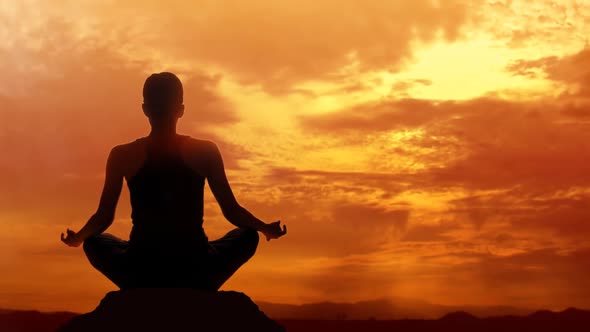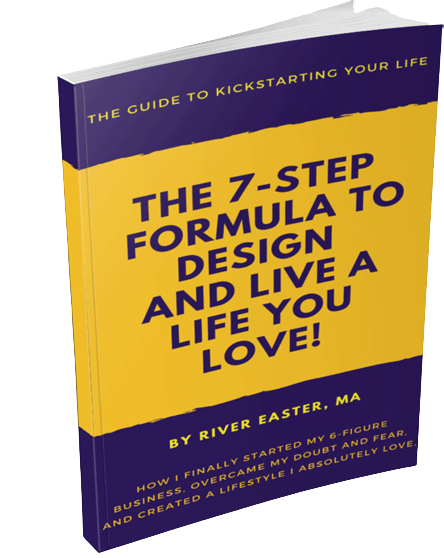Buddhism teaches us how the mind is responsible for most of our suffering. We want to control things and are attached to how they turn out. It is the way our brain works to make meaning and survive. We evolved to make sense of things and avoid threats; however, that doesn’t always work in our favor.
I remember how a lot of my suffering was about thinking I was not going to get what I wanted. For example, if my husband wanted clarification or wasn’t keen on an idea I had, I jumped to thinking, “I’m not going to get what I want.”
My reaction was due to the underlying thought and caused us a lot of suffering. It wasn’t until I began to pause and examine my thinking that I was able to interrupt this pattern. Daniel Siegel calls this unconscious reaction an “emotional reactionary loop.”
Our minds are like roller coasters, and much of the time we don’t know how to stop and get off. Mindfulness and meditation are wonderful tools to help calm our minds and bring insight and peace to our emotional landscape.
Being aware of our mental patterns is a first step toward gaining more peace and calm.
Mindfulness and meditation are ancient practices to help you gain insight and train your mind to be an ally.

You can begin a mindfulness and meditation practice today. A simple one is to pause and focus on your breathing. Notice your feelings and thoughts without judgment. Do this a couple times each day. Morning, noon, and night.
Notice the thoughts that are causing you suffering. Maybe you are arguing with reality and thinking things should be different. Ask yourself, “Can I change this reality?” “How do I feel if I accept this reality as it is?” “What if this is what it looks like while it’s all working out?”
Maybe you are anxious or worried about the future. Ask yourself, “Do I have control over these things?” If not, let go of your worry.
So much of our time is spent regretting the past or worrying about the future. We rarely have time to be in the present moment. Mindfulness is the practice of finding happiness and joy in the present moment.
The Dalai Lama advises us to focus on our interconnectedness with others and helping others as a way toward greater happiness and joy.
Happiness researchers have found that acts of kindness and generosity toward others are key to being happier.
What can you do today to show kindness to another?
It can be as simple as a smile.
The other day my husband gave a high-quality pickleball to an aspiring younger player who had been practicing with a low-quality ball. I believe this made my husband more happy than it did the young player. It was a simple act and not expensive at all. But it added to each person’s happiness. It mattered and made a difference. Where can you make a difference in your world today?
“Why rush. Our final destination will only be the cemetery.”
—Thich Nhat Hanh



